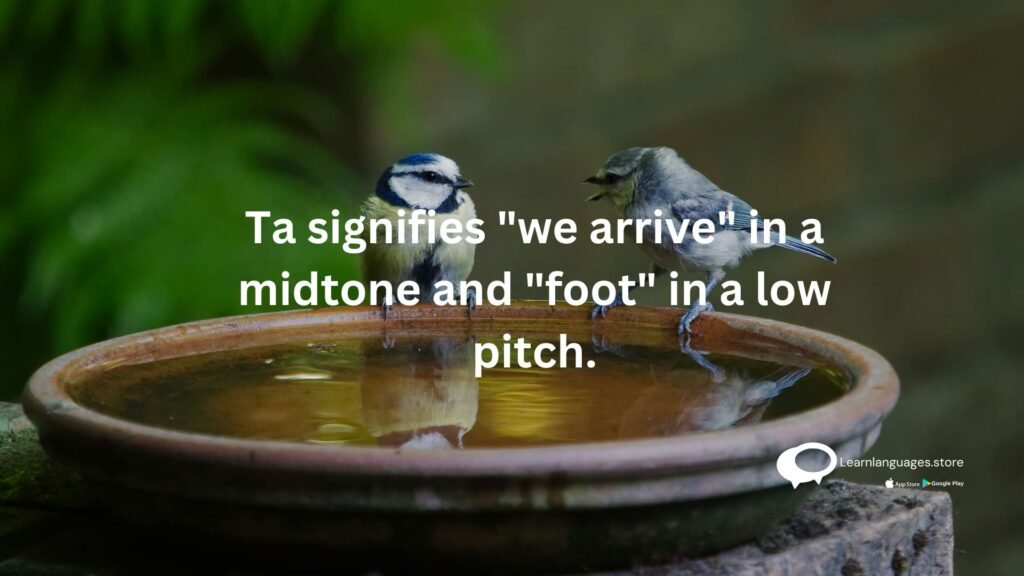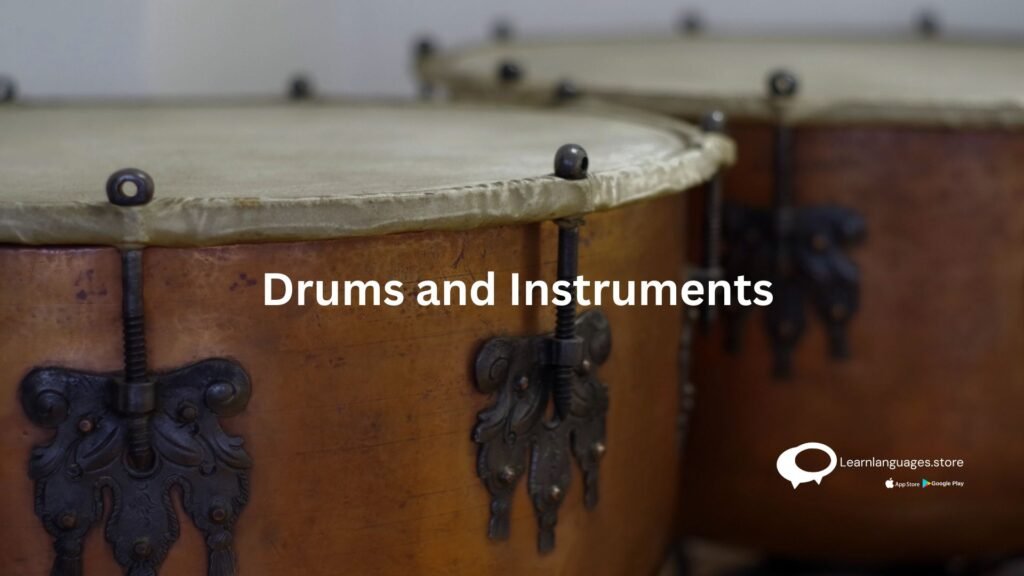Whistled Languages – Ultimate Guide to Long Distance Conversations
Whistled Languages – Ultimate Guide to Long Distance Conversations
When face-to-face discussion is impossible, whistled languages might be utilized instead. Whistled speech abstracts spoken discourse into whistles. Speech community members understand these whistle languages.
Whistled languages are worldwide:
Yupik, Mazatec languages (primarily in northern Oaxaca, Mexico), Greek, Turkish, Akha (southern China, eastern Myanmar, northern Laos, and northern Thailand), and Banen (Cameroon).Long-Distance Talks
Whistled language appears on mountain ranges and dense forests when communicating at a distance is more necessary.
Many whistled languages feature tone (see below). Greek, Turkish, and Spanish—whistled by at least two groups—have no tone. Tone is the grammatical element that makes whistled languages conceivable in most languages.
Languages encode meaning with pitch, or tone. Thai, Mandarin Chinese, Cantonese, most Bantu languages, Zapotec languages, and others have tone for each syllable. Tone distinguishes words, marks inflections, and encodes grammatical features.
In north-central Oaxaca’s Sochiapan Chinantec, the high-pitched word ta asks “will we arrive?”

Ta signifies “we arrive” in a midtone and “foot” in a low pitch.
Whistling mimics vowel length and intonation. Long-distance communication uses this method. Not all whistles are speech.
Whistled speech conveys a message. English non-speech whistling (high-low-high) does not do this.
“Hey!” sounds like a “high-low-high” whistle, but it is not. Unlike whistled speech, which imitates spoken words.
Mexican Whistled Languages

Whistle discussions in Sochiapan Chinantec. Whistled speech is used when face-to-face communication is impossible, such as in fog or across gorges or mountains.
Only men whistle-speak in this culture, although everyone who speaks the language understands. Southern Mexican whistled languages like Mazatec share this gender division.
Whistle languages
This chat shows whistling Sochiapan Chinantec. Francisco (F) tells Marcelino (M) that he will work on his farm today in the whistled dialogue.
Marcelino invites Francisco to bring him some oranges and inquires about his crops. Francisco accepts, and Marcelino asks him over later that evening.
Whistled speech is remarkable since humans evolved it independent on every populated country.
Our forebears solved this issue in the same way.
West and Central African languages employ talking drums or drum language to deliver messages across distances between towns.
Drums and Instruments
Some drums resemble spoken language and are used for communication in Yoruba, a language spoken largely in Benin and Nigeria.
Kele (DRC) speakers used drum language to announce births, deaths, marriages, and other important culture events. Sadly, Kele no longer uses this means of communication.
Endangered Languages
Turkish and Greek whistled speech is disappearing. Mazatec, Chinantec, and their whistled variety are endangered.

Whistled speech and drum languages solve long-distance communication, but cell phones and the internet do too. Whistled languages are at mountain region.
Learn Languages Store
Vashi,
Email: services@learnlanguages.store










